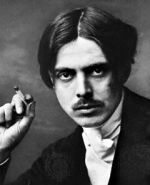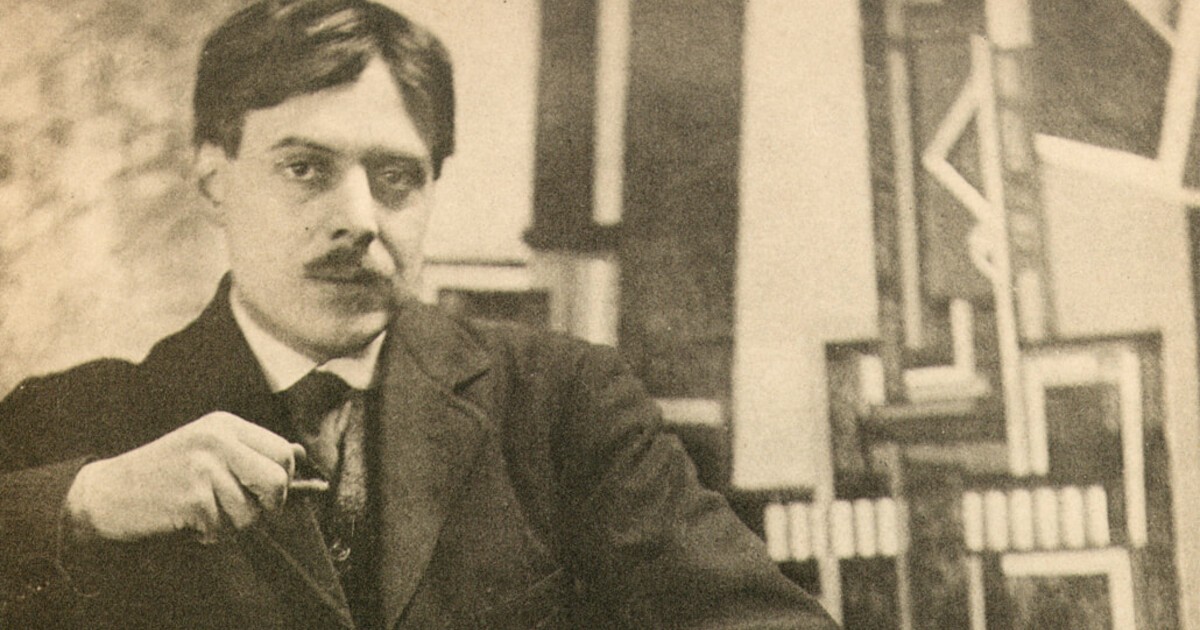Benny Bunter
Well-known member
It's not Paris though, they're these weird little backwaters full of horrible, parasitic russians/poles and hysterical peasant women. Nothing glamorous about it.
It is pretty good, don't get me wrong, and I don't really understand the context of it yet. Not a world I'm familiar with.
It is pretty good, don't get me wrong, and I don't really understand the context of it yet. Not a world I'm familiar with.




